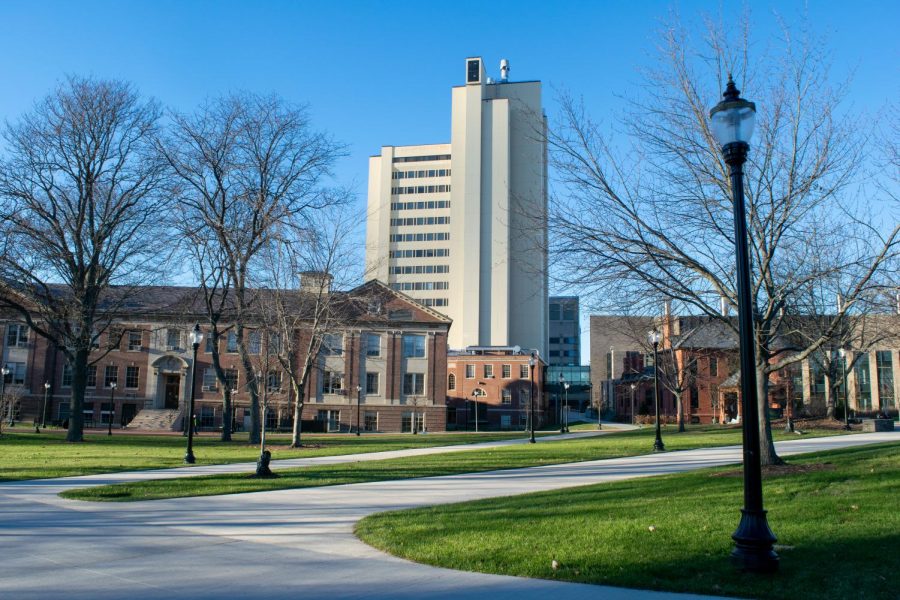As the rapidly-spreading Delta variant forces local governments in Amherst, Hadley and Northampton to reinstate mask mandates, the University of Massachusetts administration fails to provide academic accommodations for students infected with COVID-19 this semester.
Classes are delivered exclusively in-person, with exclusive exceptions offered for faculty with health considerations. For students, however, options are limited.
Many of my professors have recycled their pre-pandemic sick policies, but these are not sufficient to prevent an outbreak. Providing an online lecture option for students infected with COVID makes staying home a much more viable option, although this is not offered across the board.
When students aren’t able to access live lectures while in quarantine, it becomes a missed opportunity to learn, can cause a fall in grades and leaves students liable for finding a solution.
I’ve done it before; I took a challenging calculus course years ago and if I missed a single class my grades would reflect it. I read through the textbook hundreds of times, which was certainly to my benefit, but it was no replacement for a live lecture. Missing the opportunity to walk through a practice exam question or missing a pop quiz would have been impossible for me to recover from. So, I threw a packet of Emergen-C in my water bottle and went to class sick. Now multiply my experience by more than 30,000 students, and take into account COVID’s typical recovery time of two to six weeks, and illness spreads like wildfire.
The Families First Coronavirus Response Act provides an excellent bar for comparison. The FFCRA requires many employers provide two weeks of paid sick leave without job-related consequences for quarantined or infected employees, as well as individuals caring for a sick person. No such provision has been offered for students at UMass. Many infected students will miss two weeks of classes, which can have serious academic repercussions.
I expressed my concerns in an email to Anne Massey, dean of the Isenberg School of Management, which was met with no regard. She wrote, “If a student has symptoms they should get tested and, if positive, they must isolate for 10 days. If a student misses class, they can work with the instructor so alternative arrangements can be made. Isenberg faculty are very accommodating and appreciate this is a different situation.”
Providing accommodations on a case-by-case basis is too optimistic: it relies too heavily on an instructor’s personal opinion. The heavily politicized nature of the pandemic means everyone has a different perspective on what is appropriate, and every student will receive a different level of accommodation. “Faculty are very accommodating” is not a substitute for a contingency plan during a global pandemic.
Offering students an opportunity to tune in to class from home provides a great alternative for those infected with COVID. This isn’t a far reach for the University, as it already has the required technology embedded in many of its classrooms. According to the Information Technology department, “some classrooms have been designated as hybrid classrooms with instructors and some students being physically present in the room, while other students join the class synchronously online.” Providing this across the board would allow infected students to attend classes from home without academic consequences, a worthwhile investment if it can prevent the spread of the virus.
I urge the University to provide cameras and recording equipment in every classroom and mandate all instructors to post class recordings online for infected students. Failure to provide consistent and sufficient accommodations for infected students is a death wish for the University, especially during its first semester back in-person.
Julia Oktay can be reached at [email protected].




















